Best AI Tools for Students or Beginners: How to Boost Your Learning and Productivity with AI
Artificial intelligence (AI) is transforming the world of education, offering new ways to enhance learning, improve performance, and increase productivity. Whether you are a student, a teacher, or a lifelong learner, you can benefit from using AI tools to support your academic goals and personal development.
In this blog post, we will introduce you to some of the best AI tools for students in 2023, covering various aspects such as writing, research, communication, organization, and creativity. We will also explain how these tools work, how to use them, and what benefits they provide. Finally, we will show you how AI can be used in everyday life, and why you should learn more about this fascinating technology.
Writing: ChatGPT, Google Bard, and Grammarly
Writing is one of the most essential skills for students, as it helps them express their ideas, communicate their knowledge, and demonstrate their critical thinking. However, writing can also be challenging, especially when it comes to grammar, spelling, style, and originality.
Fortunately, there are AI tools that can help you with writing, such as ChatGPT, Google Bard, and Grammarly. These tools use natural language processing, which is a branch of AI that deals with understanding and generating human language. They can help you with various tasks, such as:
- ChatGPT: ChatGPT is an AI chatbot developed by OpenAI that generates human-like responses based on text input. You can use ChatGPT to generate content ideas, write emails, get feedback, and even have fun conversations. ChatGPT can also generate AI images based on your prompts, which can be useful for visualizing your concepts. ChatGPT is free for the basic version, which uses GPT-3.5, a large language model trained on a huge amount of internet text.GPT-4 is paid & a more powerful and updated version that can perform web searches and generate more accurate and relevant responses.
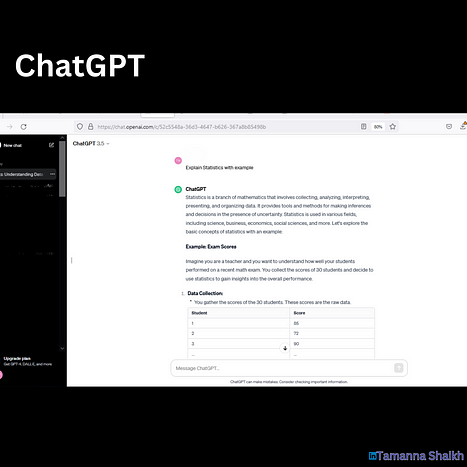
- Google Bard: Google Bard is another AI chatbot, developed by Google, that can answer questions and generate text from prompts. Google Bard is similar to ChatGPT, but it has some advantages, such as faster response times, voice input and output, and more languages supported. Google Bard is also free, and it uses the Pathways Language Model (PaLM 2), a language model trained on a specific dataset for conversations and dialogues from the web. Google Bard can also perform web searches and retrieve images from the internet.
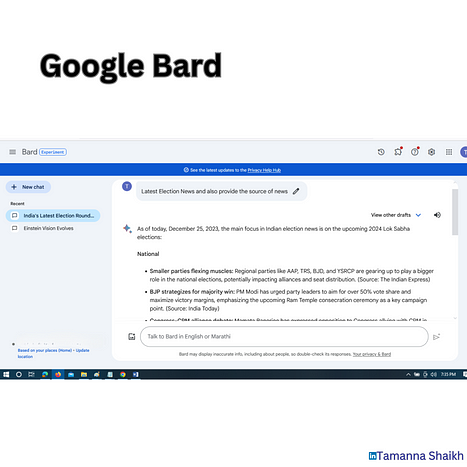
- Grammarly: Grammarly is an AI-powered writing assistant that helps you improve your writing skills and avoid mistakes. Grammarly can check your grammar, spelling, punctuation, vocabulary, tone, and style, and provide suggestions and explanations. Grammarly can also help you with plagiarism detection, readability, and word choice. Grammarly is available as a browser extension, a web app, a desktop app, a mobile app, and a keyboard. Grammarly offers a free version, which covers the basic features, and a premium version is paid and includes advanced features such as clarity, engagement, etc.
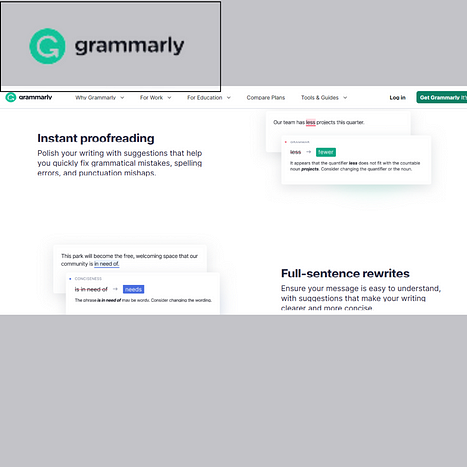
Research: Bing & Google Scholar
Research is another important skill for students, as it helps them find, evaluate, and use information from various sources. Research can also be time-consuming and overwhelming, especially when it comes to finding relevant and reliable sources, organizing and citing them, and avoiding plagiarism.
Luckily, there are AI tools that can help you with research, such as Bing, and Google Scholar, these tools use machine learning, which is a branch of AI that deals with learning from data and making predictions. They can help you with various tasks, such as:
- Bing: Bing is a web search engine that helps you find information from the internet. Bing uses AI to provide more relevant and personalized results, based on your location, preferences, and behavior. Bing also offers features such as image search, video search, news search, maps, and translator. Bing can also generate summaries and other text based on your queries, using ChatGPT and Google Bard. Bing is free to use, and it supports multiple languages.
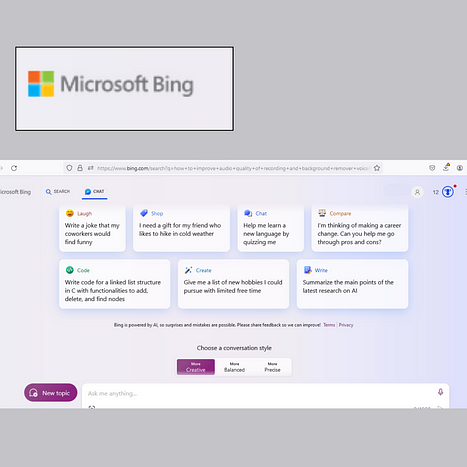
- Google Scholar: Google Scholar is a web search engine that helps you find academic literature from various sources, such as journals, books, theses, dissertations, and conference papers. Google Scholar uses AI to rank and filter the results, based on their relevance, quality, and citation count. Google Scholar also offers features such as alerts, library, metrics, and citations. Google Scholar is free to use, and it supports multiple languages.
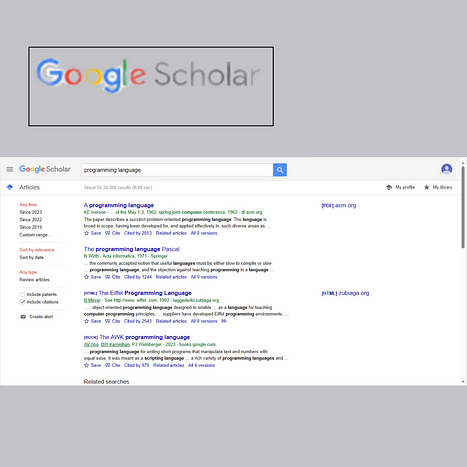
Communication: Zoom and Duolingo
Communication is another essential skill for students, as it helps them interact with others, exchange ideas, and express themselves. Communication can also be challenging, especially when it comes to language barriers, cultural differences, and technical issues.
Fortunately, there are AI tools that can help you with communication, such as Skype, Zoom, and Duolingo. These tools use natural language processing and computer vision, which are branches of AI that deal with understanding and generating human language and images. They can help you with various tasks, such as:
- Zoom: Zoom is another AI-enabled communication platform that helps you make voice and video calls, send messages, and share files. Zoom uses AI to provide features such as noise suppression, virtual backgrounds, live transcription, and translation. Zoom can also help you with education, business, and entertainment, by offering features such as breakout rooms, whiteboard, polls, surveys, and reactions. Zoom is free for the basic version, which allows up to 100 participants per call for up to 40 minutes, and Pro is Paid, which allows up to 100 participants per call for up to 24 hours.

- Duolingo: Duolingo is an AI-powered language learning platform that helps you learn and practice various languages. Duolingo uses AI to provide personalized and adaptive lessons, feedback, and motivation. Duolingo can also help you with education, business, and entertainment, by offering features such as stories, podcasts, events, and leaderboards. Duolingo is free for the basic version, which offers access to all languages and features, and Duolingo Plus is a paid version, which offers ad-free and offline access, unlimited hearts, and progress quizzes.
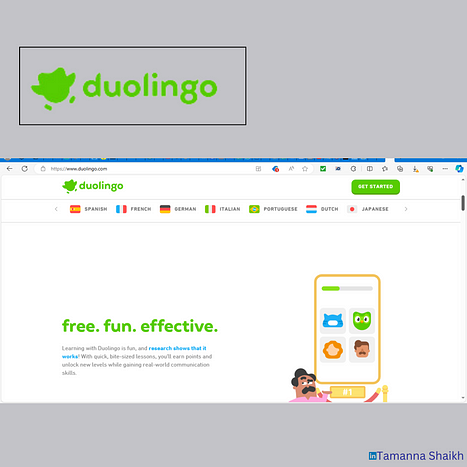
Cautions when using AI chatbots:
ChatGPT and Google Bard are still in development and may contain errors or biases. Therefore, you should also remember to use your judgment, etiquette, and empathy.
Conclusion:
As you can see, AI is a powerful and versatile technology that can help you with various aspects of your everyday life. From writing to research, from communication to creativity, AI tools can enhance your learning and productivity is not only a tool but also a skill that you can learn and apply to solve problems and create value. If you want to learn more about how AI can be used in daily life for everyone, you should check out the book.
“AI for All”: A Guide to Applying AI Knowledge for Success” by Tamanna Shaikh. This book will provide you with more examples, insights, and tips on how to leverage AI for your personal and professional growth. You can buy the book on Amazon (KDP) for a special price@199 INR. This offer is valid only for a limited time, so don’t miss this opportunity to get your copy today. You can also follow us on LinkedIn for more updates and posts on AI and related topics. Thank you for reading this blog post, and I hope you found it useful and informative. 😊

Comments
Post a Comment